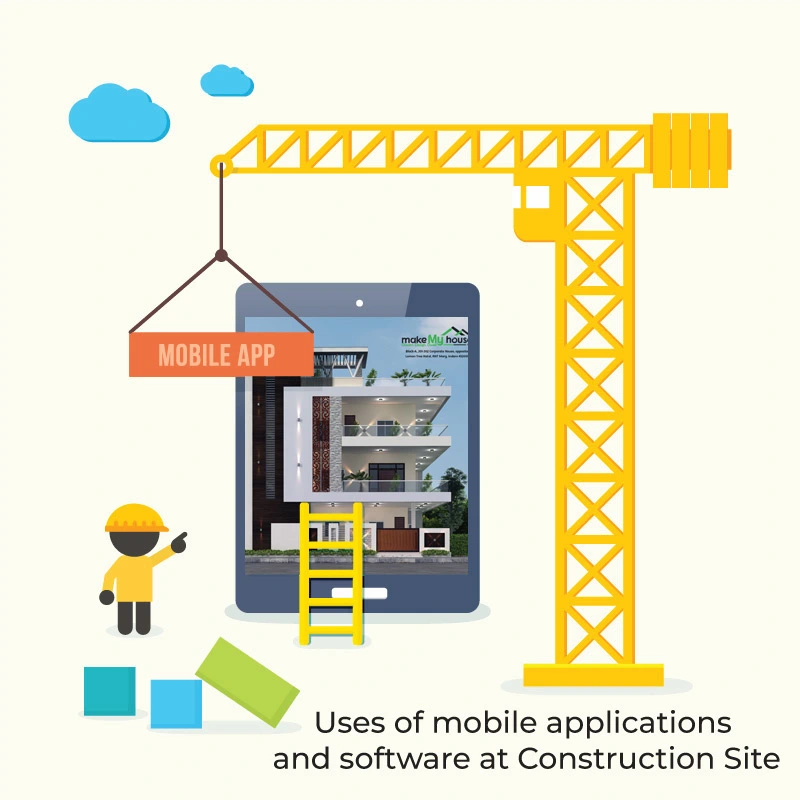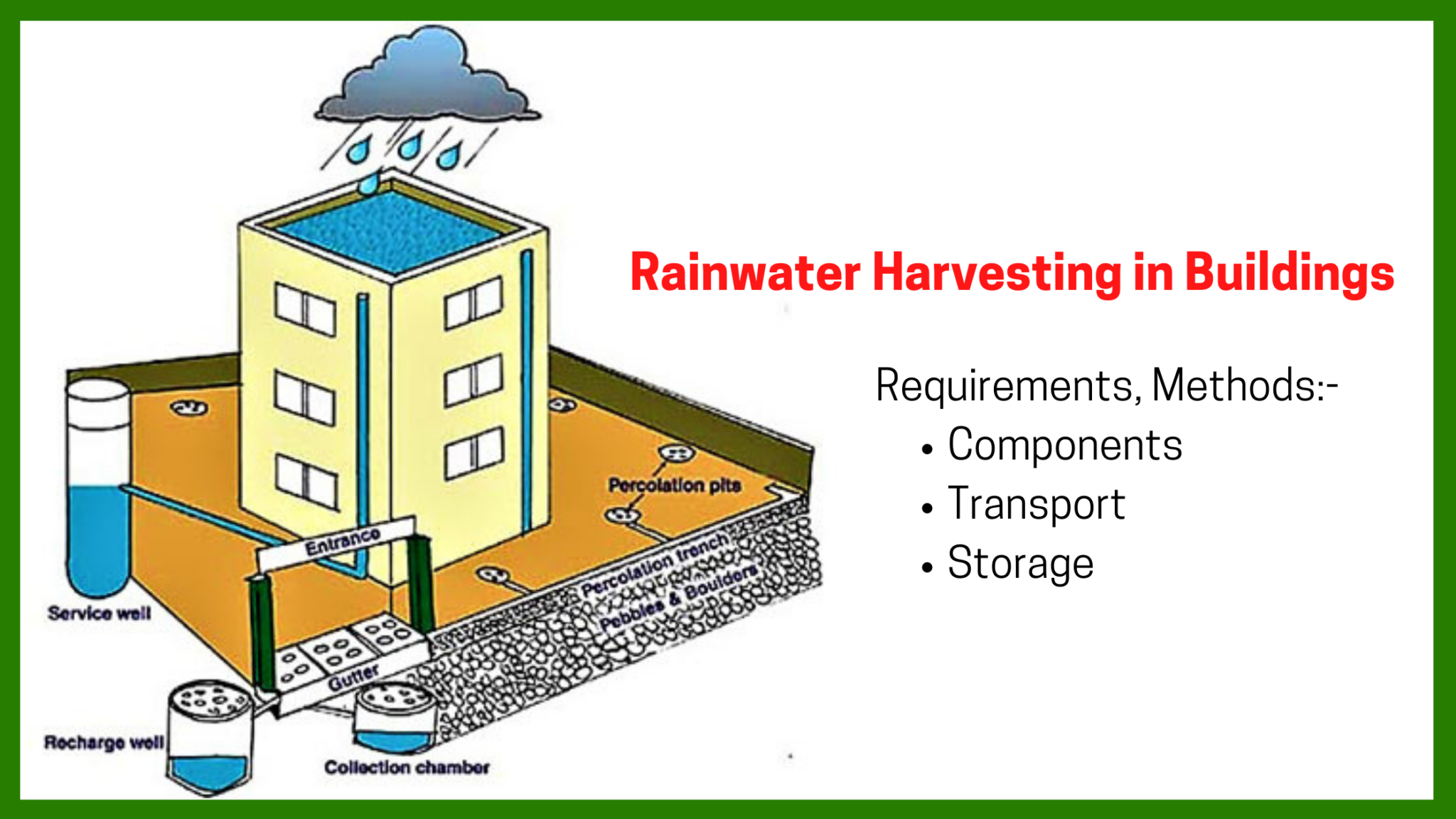The construction and design industry is constantly evolving, and technology is playing a vital role in this evolution. Modernization of mobile applications and software for construction and design site management has revolutionized the way we build and design structures. These tools have transformed the construction industry, making it more efficient, cost-effective, and safer.
Let us go through some most used areas of technological advancements in the construction industry and design sites.
Cloud-Based Technology
Cloud-based technology has transformed the way construction and design teams work. Cloud-based technology allows team members to access project data from anywhere, at any time, and on any device. This feature provides real-time collaboration and access to project data, enabling team members to work together seamlessly. With cloud-based technology, teams can upload and share documents, drawings, and other project information, allowing all stakeholders to access the same information and work towards the same goals.
Virtual Reality
Virtual Reality (VR) technology is a game-changer for the design and construction industry. VR technology provides a 3D immersive environment that allows team members to view and experience a project before it is built. This technology allows designers and architects to visualize the project in 3D, enabling them to make design decisions that will improve the project’s functionality and aesthetics. VR technology also allows construction teams to simulate project scenarios, identify potential hazards, and develop safety plans before construction begins.
Building Information Modelling
Building Information Modelling (BIM) is an intelligent 3D model-based process that provides a collaborative environment for construction and design teams. BIM provides a detailed view of the project, including all the information required for design, construction, and management. BIM technology allows designers and architects to create 3D models that include all the project’s components, such as mechanical, electrical, and plumbing systems. BIM models enable construction teams to identify potential clashes and resolve them before construction begins.
Mobile Applications
Mobile applications have transformed the design and construction industry by providing real-time access to project data, enabling team members to work together seamlessly. They provide features such as document sharing, scheduling, and collaboration, enabling team members to stay connected and informed. Mobile applications also provide features for tracking project progress, allowing team members to keep on top of deadlines and milestones.
Drones
Drones are becoming increasingly popular in the construction industry. Drones provide a birds-eye view of the construction site, enabling team members to assess the site’s condition and identify potential hazards. Drones can also be used to capture images and videos of the site, providing real-time data for project planning and management. Drones can also be used to conduct site surveys, reducing the time and cost of traditional surveying methods.
Artificial Intelligence
Artificial Intelligence (AI) is proving to be immensely useful not only in the construction industry but in any modern avenue. This advanced technology provides a platform for analyzing large volumes of data, enabling construction and design teams to make informed decisions. AI technology can be used to predict project outcomes, identify potential issues, and optimize project performance. It can also be used to monitor project progress, ensuring that projects stay on track and within budget.
Internet of Things
The Internet of Things (IoT) is a network of connected devices that provide real-time data and insights. IoT technology is transforming the construction and design industry by providing real-time monitoring and control of the construction site. IoT can be used to monitor environmental conditions, such as temperature, humidity, and air quality. It can also be used to track equipment and material usage, ensuring that resources are being used efficiently.
Advantages of using mobile applications and software in Construction Site
Project management is a critical aspect that determines the success of a project. Effective project management requires accurate and timely communication, planning, scheduling, budgeting, and tracking of project progress. The use of mobile applications and software has revolutionized the way construction project managers manage their projects. These tools have enabled managers to streamline their operations, reduce errors, improve communication, and save time and money. Here, we will explore the benefits of using mobile applications and software for construction site management.
Improved Communication and Collaboration
Construction projects involve multiple stakeholders, including contractors, architects, engineers, suppliers, and clients. Effective communication and collaboration among these stakeholders are essential for the success of the project. Mobile applications and software provide a platform for real-time communication and collaboration, enabling stakeholders to share information, updates, and project data. Some mobile applications provide messaging features that allow team members to communicate with each other in real-time, regardless of their location.
Improved Project Management
Mobile applications and software provide construction project managers with powerful tools for managing their projects. These tools enable managers to monitor project progress, track expenses, and manage resources effectively. Project management software also provides features for scheduling tasks and deadlines, assigning tasks to team members, and tracking their progress. These features help to ensure that the project stays on track and that tasks are completed on time.
Improved Data Management
Construction projects generate vast amounts of data, including blueprints, designs, specifications, and project documentation. Mobile applications and software provide a centralized platform for storing and managing project data, enabling stakeholders to access and share data in real time. Project management software also provides features for data analysis and reporting, enabling managers to make informed decisions based on real-time data.
Improved Safety and Compliance
Construction sites can be dangerous places, with various hazards that can cause injury or even death. Mobile applications and software can help to improve safety and compliance by providing features for monitoring and reporting safety hazards, conducting safety audits, and providing safety training to workers. These tools also provide features for ensuring compliance with local, state, and federal regulations, such as OSHA regulations.
Improved Cost Management
Construction projects can be costly, with expenses ranging from materials and labour to equipment and overhead. Mobile applications and software provide features for tracking expenses and managing budgets, enabling managers to monitor project costs and make informed decisions about resource allocation. These tools also provide features for tracking inventory levels and managing procurement, enabling managers to optimize their supply chain and reduce costs.
Improved Productivity
Mobile applications and software can help to improve productivity by providing tools for streamlining processes, automating tasks, and reducing errors. For example, some mobile applications provide features for managing and tracking equipment and material deliveries, enabling team members to schedule and track deliveries in real-time. Other mobile applications provide features for managing and tracking tasks, enabling team members to manage their tasks more efficiently.
Modernization of mobile applications and software for construction and design site management has transformed the construction and design industry. Cloud-based technology, Virtual Reality, Building Information Modelling, mobile applications, drones, Artificial Intelligence, and the Internet of Things are some of the most used software for commercial projects and corporates.
The use of mobile applications and software for construction site management can bring numerous benefits to construction project managers. These tools can improve communication and collaboration, project management, data management, safety and compliance, cost management, and productivity. Construction project managers should explore the various mobile applications and software available in the market to find the one that suits their needs and budget. By embracing technology, construction project managers can streamline their operations, reduce errors, save time and money, and ultimately achieve project success.
Frequently Asked Questions About Uses of Mobile Applications and Software at Construction Sites
Q: What are the benefits of using mobile applications and software in construction sites?
Some of the key benefits of using mobile applications and software in construction sites include increased productivity, improved communication, better project management, enhanced safety, and reduced costs. Mobile apps and software can also provide real-time data and analytics, allowing construction managers to make informed decisions quickly.
Q: What kind of mobile applications and software are commonly used in construction sites?
Some examples of mobile applications and software that are commonly used in construction sites include project management software like Procore and PlanGrid, construction productivity apps like Powerplay and Fieldwire, and safety management software like SafeSite. Other commonly used apps include scheduling software, time-tracking apps, and equipment management apps.
Q: How can mobile applications and software help improve communication on a construction site?
Mobile applications and software can help improve communication in a construction site by providing a centralized platform where project team members can share information in real time. This can help prevent miscommunications, reduce delays, and improve overall project efficiency.
Q: How can mobile applications and software help with project management on a construction site?
Mobile applications and software can help with project management in a construction site by tracking progress, identifying potential issues, and taking informed decisions to keep projects on track. Additionally, mobile apps can provide real-time data and analytics, allowing managers to adjust plans and make decisions quickly.
Q: Can mobile applications and software be used to enhance safety at a construction site?
Yes, mobile applications and software can be used to enhance safety at a construction site. Safety management software can help construction managers track safety metrics, identify potential hazards, and develop safety plans helping managers respond quickly and address any issues before they escalate.
Q: Are there any potential drawbacks to using mobile applications and software at construction sites?
Some potential drawbacks to using mobile applications and software at construction sites include the need for reliable internet connectivity, the cost of implementing and maintaining the software, and the potential for security risks if data is not properly secured. Additionally, some workers may be resistant to using new technology or may require additional training to effectively use the software.












Mobile applications and construction management software development have revolutionized construction sites. They streamline project planning, scheduling, and communication. Workers can access blueprints, documents, and schedules on their mobile devices, reducing paperwork and ensuring everyone is on the same page. Safety apps provide real-time alerts and safety protocols, enhancing on-site security. Project managers can monitor progress remotely, allocate resources efficiently, and address issues promptly. With the help of construction management software, data-driven decisions are made, improving project timelines and cost control. In an industry where precision and coordination are paramount, these tools have become indispensable for efficient and successful construction projects.